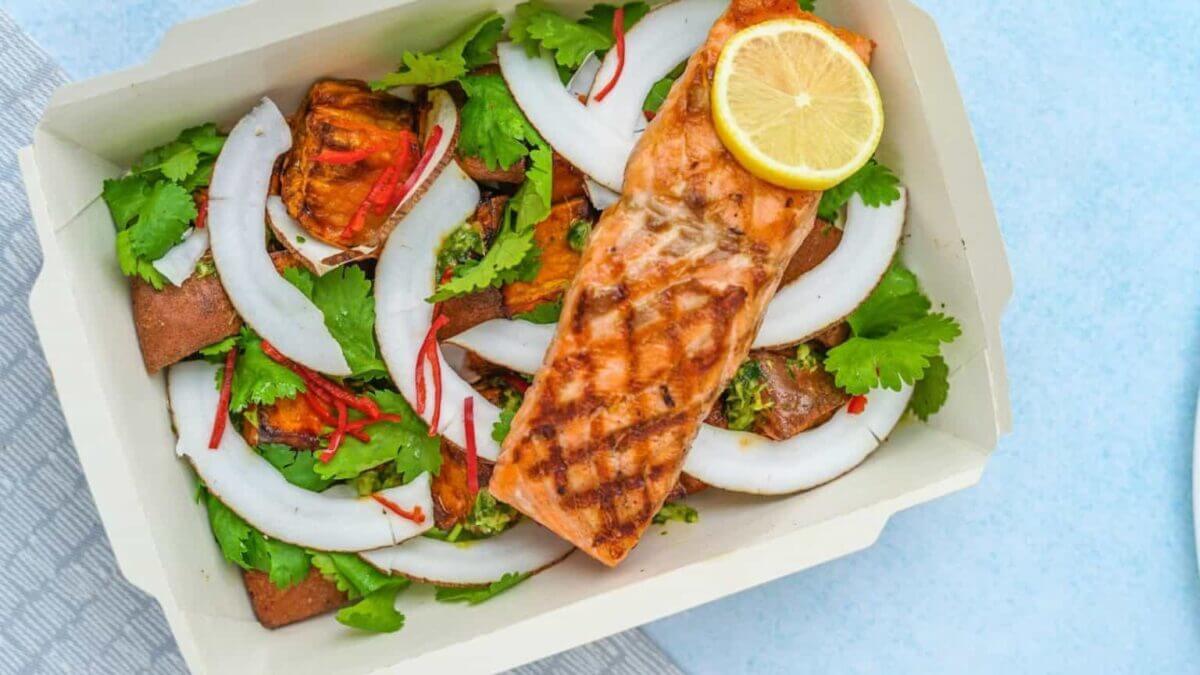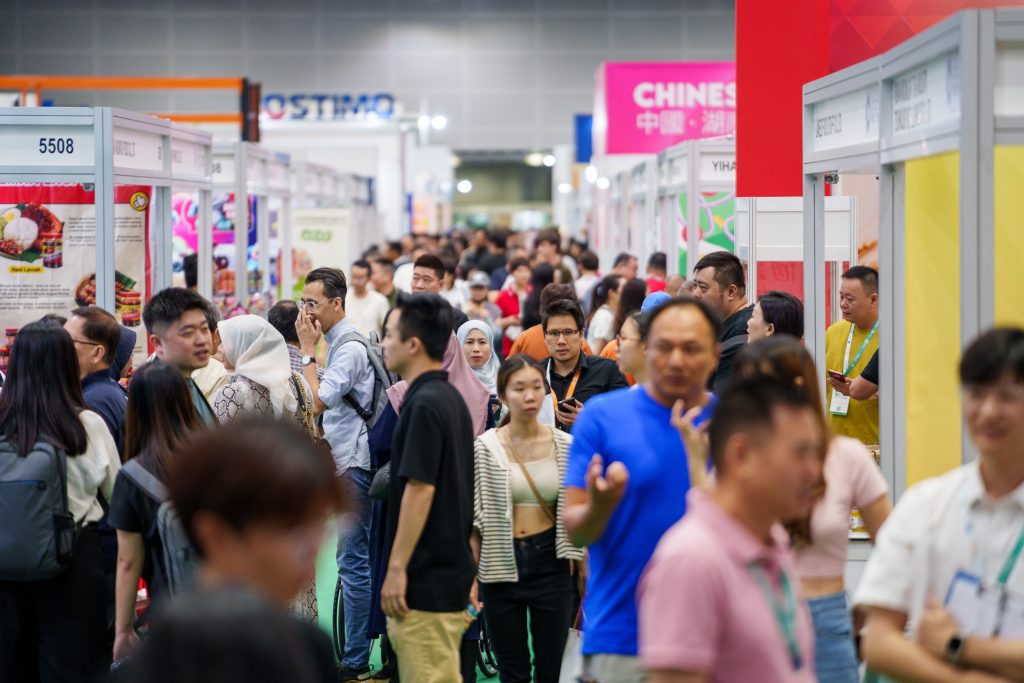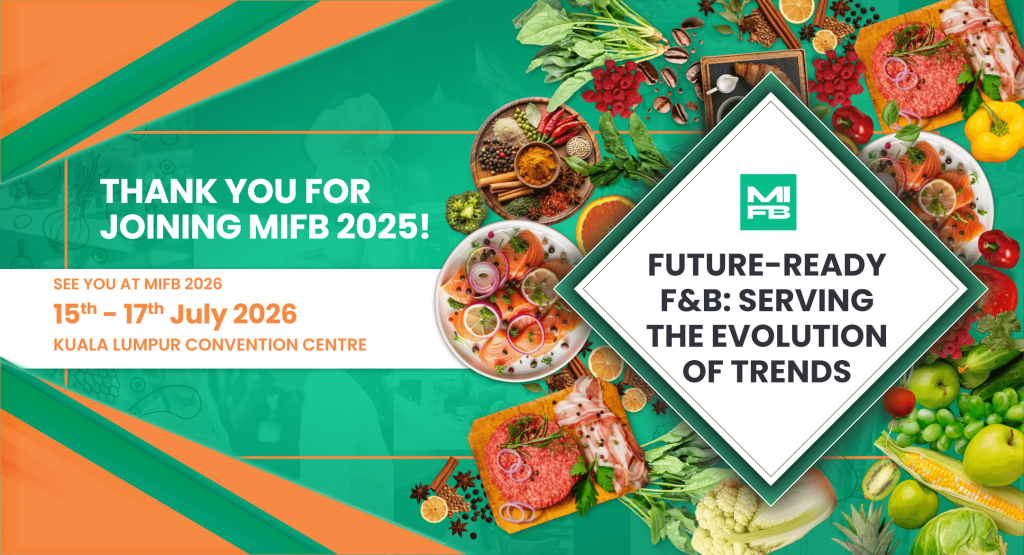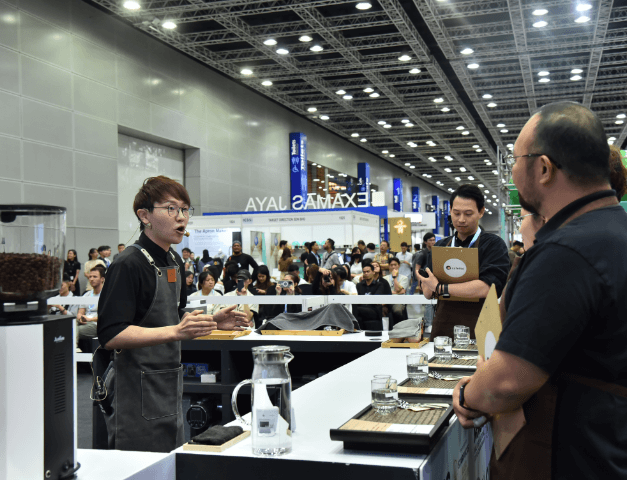It was once a novelty idea used to lure the environmentally-conscious into purchasing their food.
Now, biodegradable food packaging is practically a must use ever since the Malaysian government has taken to banning single-use plastics in most states.
In fact, the island state of Penang plans to be completely single-use-plastic-free by 2021.
Government initiatives are not the only reason eco-friendly packaging has been gaining momentum.
It is also a reflection of growing consumer concern about sustainability and the environment. This change in consumer demands can be linked to increased exposure to negative information related to conventional packaging.
A study from 2003 estimates that 37% of plastics are used for packaging. So, it is not surprising that this category has attracted the most attention from policymakers and environmentalists. Food packaging is a significant part of that total and thus even a small reduction in the number of materials used for each package would result in a significant cost reduction and may improve solid waste disposal.
Scientific research on the production, quality and potential applications of edible/biodegradable films in food manufacturing has been carried out by several research groups worldwide and is no longer in its infancy.
In fact, research on the industrial application of edible/biodegradable films has received more attention in recent years.
Packaging which is environmentally-friendly can be used for many types of fast foods, processed foods, and drinks. These include dairy, deli meats, soups, salads, and snacks. It’s not rare to find disposable cutlery and our favourite “tapau” container also made of eco-friendly materials.
Generally, biodegradable packaging is either paper-based or made from biobased plastics like polylactide acid (PLA).
The thermoplastic is made through fermentation by bacteria on sugar cane or corn starch and has many properties similar to plastic.
This can be used to make compostable food containers, which is safe to use for most types of food.
Some popular items that use PLA or other compostable materials are plates, hot and cold drink cups, and take-out boxes.
These materials rot away completely and leave little in the way of minerals or other materials behind.
However, for PLA, complete decomposition can only happen under very specific conditions of constantly high temperature and humidity in industrial composting installations.
It is not fit for home composting and it does not decompose in a reasonable time when littered, thus causing damaging consequences for fauna and flora.
The easiest biodegradable material to find is paper and cardboard, which is also reusable and recyclable (to a certain extent).
Many packaging manufacturing companies offer environmentally friendly products that have been created with a high proportion of recycled paper.
Then we have the biomass-based plastics which are made of starch and cellulose obtained from crop residues as well as wood from trees. It has even gone by the moniker “pulp tableware.” Which is no surprise as well, it contains pulp.
These are biodegradable and are ideal for items that have limited use, such as takeaway food.
Plastics made from starch are used in packaging, bags, tableware, flower pots, and can be molded to make packaging and consumer goods. It is also seen as an alternative for polystyrene.
The future looks bright for environmentally-friendly food packaging. Research has been underway for the past few years on creating biodegradable food packaging material which takes things one step further by maintaining the freshness of food.
Despite the advantages of edible/biodegradable materials that have been presented by scientists, a number of obstacles in their development potential have to be overcome, such as cost-effectiveness, improved water vapour permeability barrier and technological application methods.
As biodegradable food packaging gains acceptance from food manufacturers and processors, availability and price will continue to improve.
Looking for biodegradable materials in the F&B industry? MYFOODTECH brings you the manufacturers and suppliers of this industry. Pre-register now to visit the showcase of food technology.



